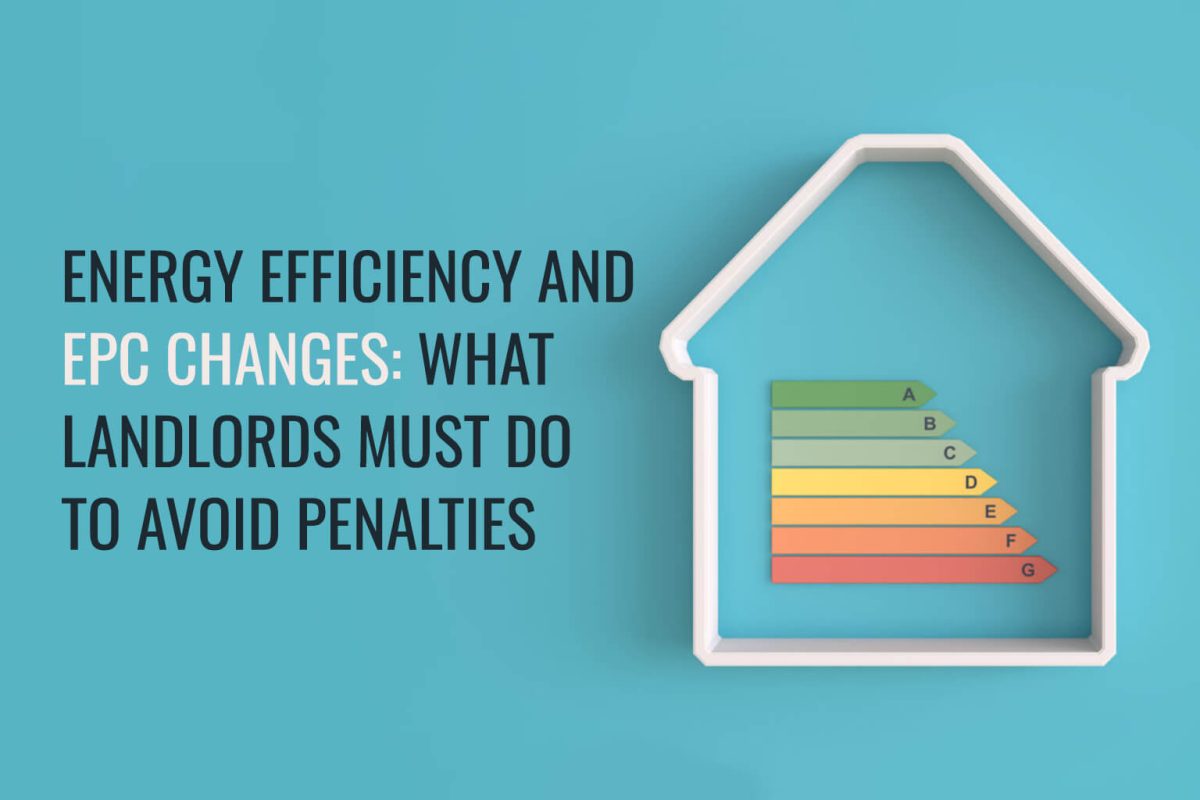As sustainability becomes a key concern in property management, energy efficiency is taking centre stage in the UK housing market. One critical aspect of this is the Energy Performance Certificate (EPC), which rates how energy-efficient a building is on a scale from A (most efficient) to G (least efficient). Recent changes to the legislation regarding EPC standards are creating new challenges for landlords, and those who fail to meet these regulations could face penalties. In this blog, we’ll explore the changes to EPC standards, what landlords must do to comply, and the potential penalties for those who don't. We will...
Read More